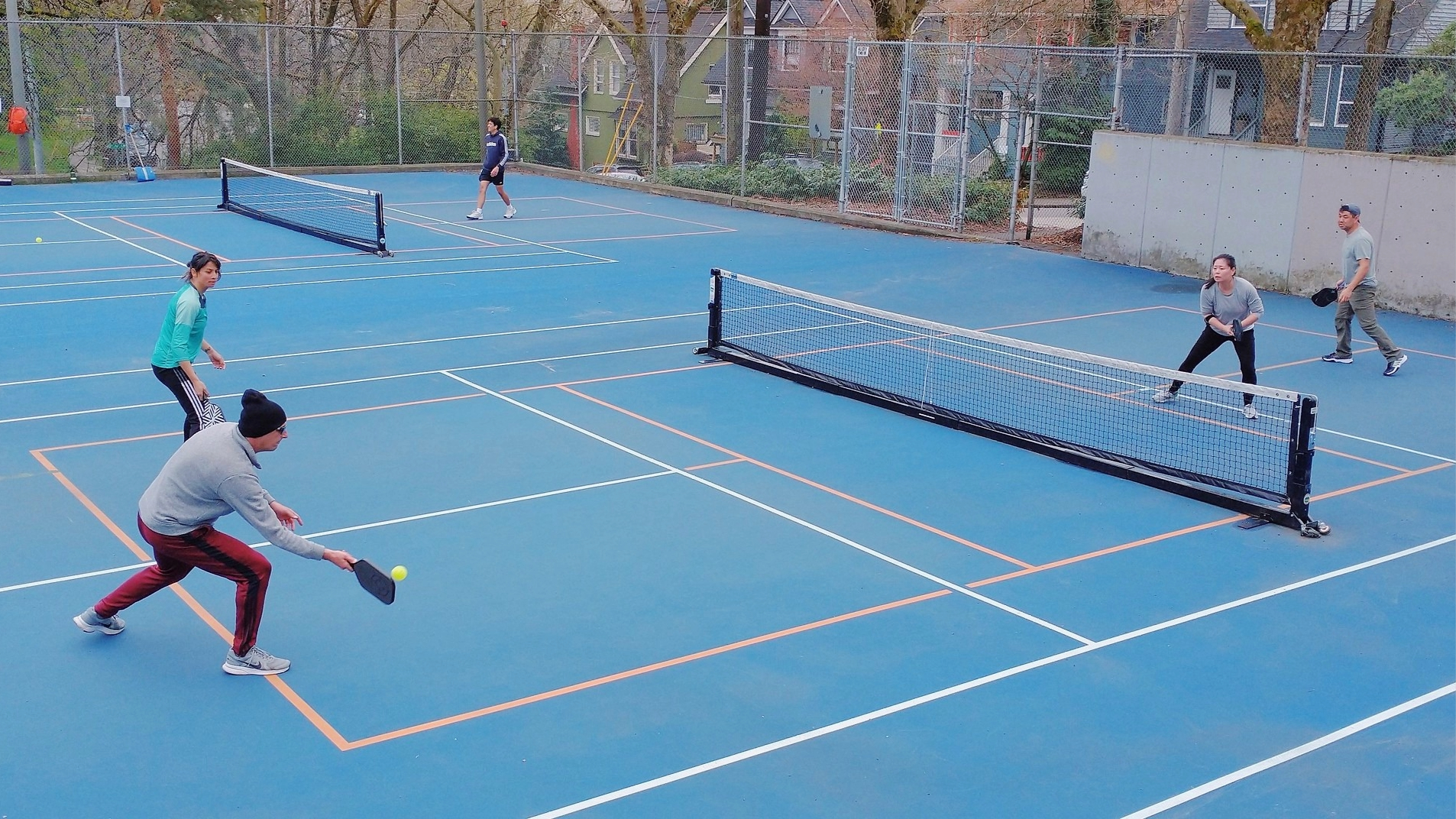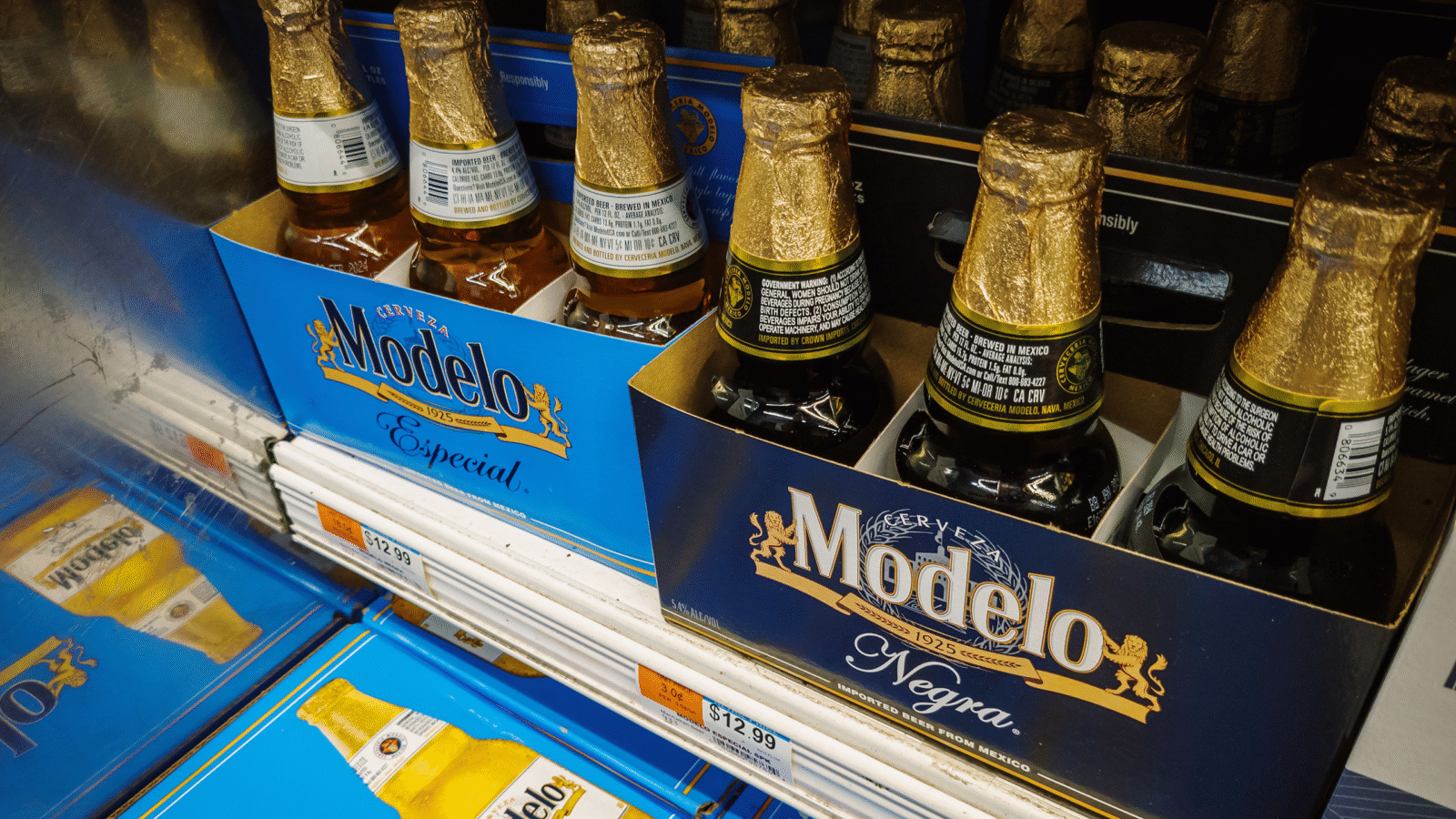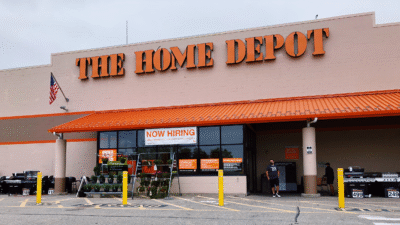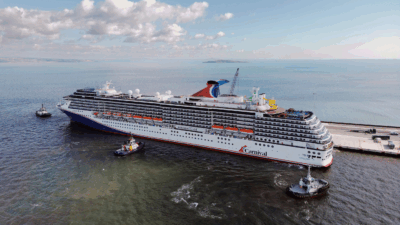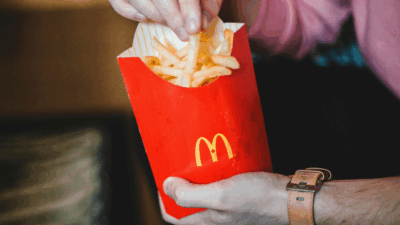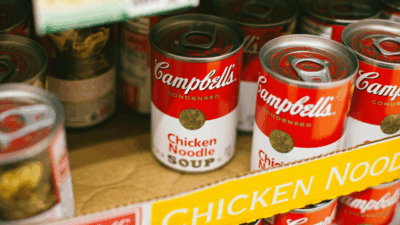Warm Weather Melted Winter Businesses
The warmest winter on record in the lower 48 states was unsurprisingly not a good season for companies that rely on snow.
Sign up for smart news, insights, and analysis on the biggest financial stories of the day.
What winter?
As the country logs its first full week of spring, the winter we just finished can take its rightful “honor” as the warmest ever recorded in the lower 48 states, according to the NOAA’s National Center for Environmental Information. While that meant a mild extra week or two to get in even more pickleball in some locales, the regions that rely on a traditionally cold and snowy winter were back in the increasingly common predicament of no snow, no customers.
Dry Season
A practically snowless winter hits large and small businesses alike. For every Teton Pass Ski Area in Montana that closed in early February after operating for just four days amid record-low snowfall, or canceled UP200 sled-dog race near Marquette, Michigan, there’s a Michigan Upper Peninsula snowmobile trail that saw its sales fall 70% from last year’s “normal” winter:
- Travel Marquette CEO Susan Estler told CNN that hotel bookings in her town were down 16% from a year ago, adding she estimates that 30% of tourism dollars go to hotels, meaning the other 70% supports the local economy via money spent at gas stations, grocery stores, and restaurants.
- On a combined scale, these businesses are significant contributors to state economies. The Bureau of Economic Analysis estimated that Wisconsin snow activities added $83.6 million in 2022, while Michigan’s businesses added roughly $130 million.
When One Door Closes: On the other side of the spectrum, it’s not just your local pickleball court that gets an early start to the spring season. Highland National Golf Course in St. Paul, Minnesota, planned to open its season this month about four weeks ahead of schedule. While that’ll undoubtedly be good for business, it’s worth wondering whether the course will regret missing out on the natural early-irrigation system that a typical season’s snowfall brings.
